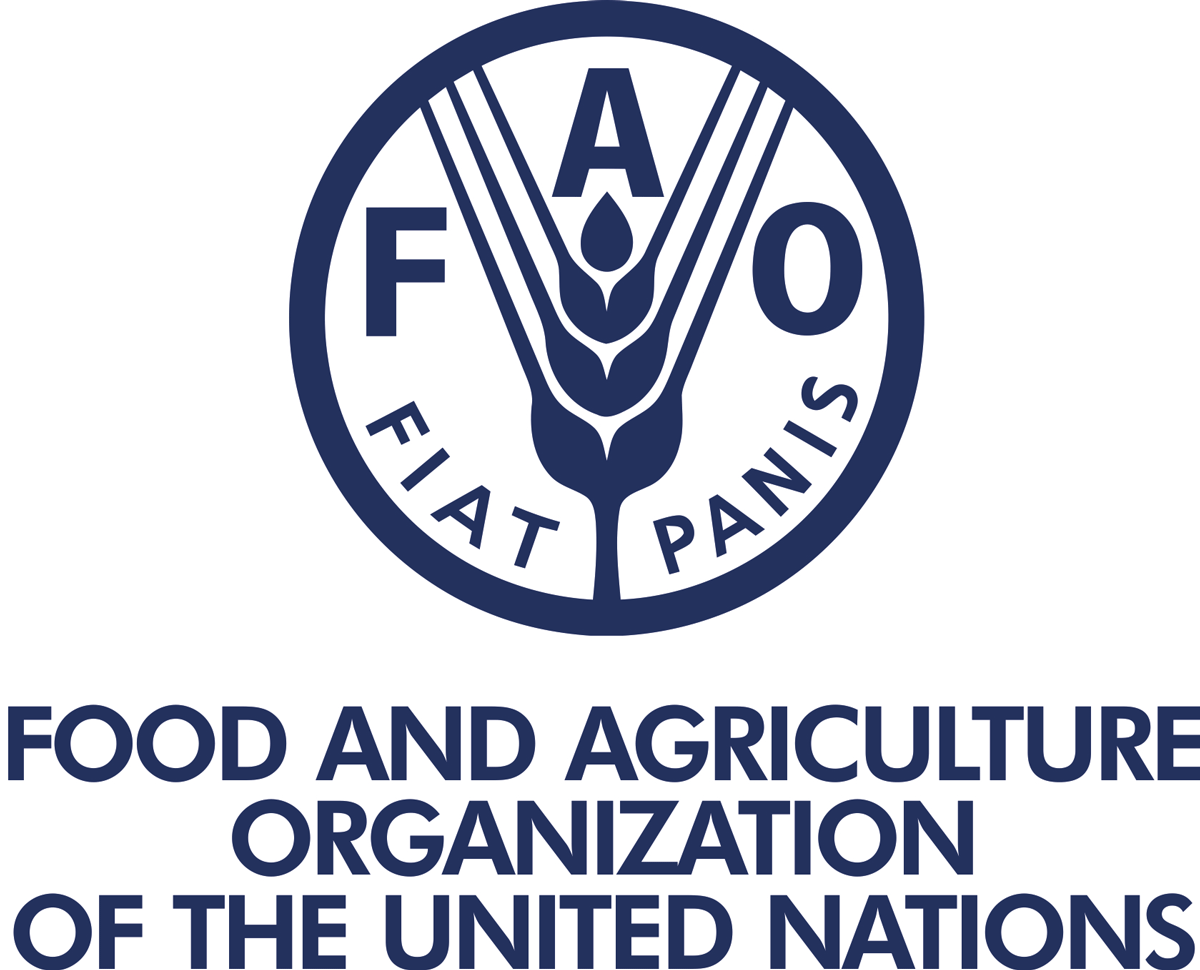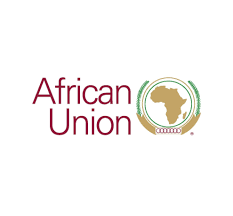
No elections in Tigray as Abiy Ahmed is tested at the polls
No elections in Tigray as Abiy Ahmed is tested at the polls
Ongoing election to the position of Ethiopia’s Prime Minister is not holding in around one-fifth of the country’s 547 constituencies, including all 38 seats in Tigray and 64 others across Ethiopia.
Ethiopians are voting in key elections amid rising tensions and a bloody conflict in the northern Tigray region. This election which has been delayed by the pandemic is Prime Minister Abiy Ahmed’s first electoral test since coming to power in 2018.
Despite facing opposition even from his home town in Beshesha, Minister Abiy Ahmed says he would win, adding that the poll will be Ethiopia’s “first attempt at free and fair elections”.
Mr Abiy will keep his post if the party wins a majority of seats in the national assembly. He says the polls will be “the nation’s first attempt at free and fair elections”.
His reformist zeal saw him win the 2019 Nobel Peace Prize, but just a year later, he waged a military operation in his own country. He deployed troops to Tigray to oust the TPLF as the region’s ruling party after it seized military bases in what Mr Abiy saw as a bid to overthrow him.
It resulted in a conflict that has killed thousands of people and has led to mass hunger and reports of a famine in the region.
He hopes to secure a popular mandate by winning a majority of the federal parliament’s 547 seats.
But the vote has been postponed in Tigray, where the army has been fighting a regional force since November.
Voting has also been delayed in some other parts of the country because of security concerns and logistical problems. Overall, elections will not be taking place for now in about a fifth of constituencies.
The general election, the first since 2015, was originally slated for August 2020 but was rescheduled because of coronavirus.
Under the initial election timetable, preliminary results from constituencies are to be announced within five days of the election, while final certified results are to be announced within 23 days.
Mr Abiy came to power in 2018 as the nominee of the then-ruling coalition but he has never faced the electorate.
He rose to the top job on the back of protests against the government dominated by the Tigray People’s Liberation Front (TPLF) and embarked on shaking up the country.
In the last election, the ruling Ethiopian People’s Revolutionary Democratic Front (EPRDF) coalition and its allies won all the seats but Mr Abiy has dissolved the coalition and created a new party – the Prosperity Party – in an attempt to reduce ethnic division. The TPLF, however, did not join.
What does the opposition say?
More than 40 parties have fielded candidates, the National Election Board of Ethiopia says, but most of them are regional parties.
Opposition parties have complained that a government crackdown against their officials has disrupted their plans to prepare for the polls.
More than 40 parties have fielded candidates, but most are regionally based. Some opposition parties are boycotting the vote
In some pivotal regions opposition parties are boycotting the election.
The Oromo Liberation Front pulled out in March, alleging government intimidation.
The TPLF has been designated a terrorist organisation. Some of its leaders have been arrested, while others are on the run or are continuing to wage a guerrilla war in Tigray.
In the valley between rolling hills the local market in Beshasha village has been turned into a polling station for the day.
This is where Prime Minister Abiy Ahmed was born and grew up.
He is hugely popular here – a son of the soil. The prime minister features on almost every campaign poster in his constituency.
But there are two candidates running against him here and they tell me that local officials have harassed their supporters and made it hard for them to campaign. Yet they’re careful about how much they criticise the prime minister.
Some of the country’s biggest political parties have boycotted this election citing intimidation from the state. And some of Mr Abiy’s biggest opponents on the national stage are in detention accused of trying to destabilise the country.
Despite the fact that 20% of constituencies will not vote today due to insecurity and logistical challenges the government is standing by today’s vote and says it will be a genuine reflection of the will of Ethiopians.
Most of the delayed votes are scheduled for 6 September but no date has been set yet for Tigray.
But officials say more than 37 million voters have registered to vote out of about 50 million potential voters.
In May EU officials said they would not be sending an observer mission, accusing Ethiopia of failing to guarantee the independence of its team or allow it to import communications equipment.
Ethiopia responded by saying external observers were “neither essential nor necessary to certify the credibility of an election”.




Recent Comments